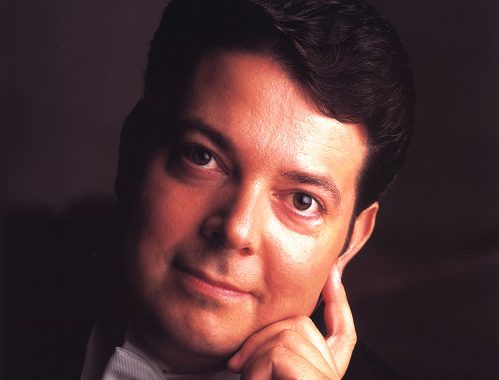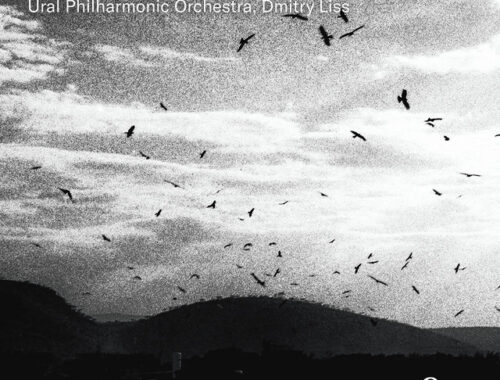Juan Diego Florez, Vincenzo Scalera, Royal Festival Hall
Ten years is a lifetime in singing and since his London recital debut, courtesy of Ian Rosenblatt, Juan Diego Florez has achieved superstar status in that highly specialised corner of the bel canto repertoire demanding suppleness and speed of delivery. Things don’t always go his way – even Florez is fallible -and this his fourth Rosenblatt recital was, as the football pundits love to say, very much a game of two halves.
Choosing arias from Mozart’s La Clemenza di Tito as a point of departure was probably not wise. However regal his stance in the well of the piano Florez lacked the requisite weight and girth in the voice to lend authority to these notes. Uncharacteristically, aspirated runs were a feature of “Se all’impero” while commanding bottom notes were off his chart. One wanted more length and evenness to the legato of “Del piu sublime soglio”. As Mozart singing goes, this was dry and tentative.
Even his signature Rossini – songs from Les soirées musicales – was sounding off-colour. Phrases that would normally trip off his vocal chords weren’t; the little turns and roulades felt sticky, the voice tight and unrelaxed. “Tirana all Spagnola” showed signs that this unusually protracted warm-up might actually be completed before the interval: the Spanish snaps and catches seemed to free him up and when he popped the evening’s first top C his adoring audience smelled first blood. They’d come for the fireworks and Florez had saved those for the last number of the first half – the “Qui tollis” from Messa di Gloria with its wickedly wide compass and taxing pyrotechnics. But then came a memory lapse and despite the good humour of his first on-stage expletive and the offer of water from a lady in the front row, he handled it badly. He should have gone back to the start of the number, not merely picked up the pieces.
Better was to come. The gorgeous Aubade from Lalo’s Le Roi D’Ys found his old elegance and one delicious ascent into head-voice; “Ange si pur” from Donizetti’s La Favorite further refined the caress of the portamento and there were a couple of substantial encores: a swarthy Zarzuela number “Adios Granada” and Gounod’s Romeo where, notwithstanding the narrowness of the Florez timbre, he opened his heart and sound to touching effect.


